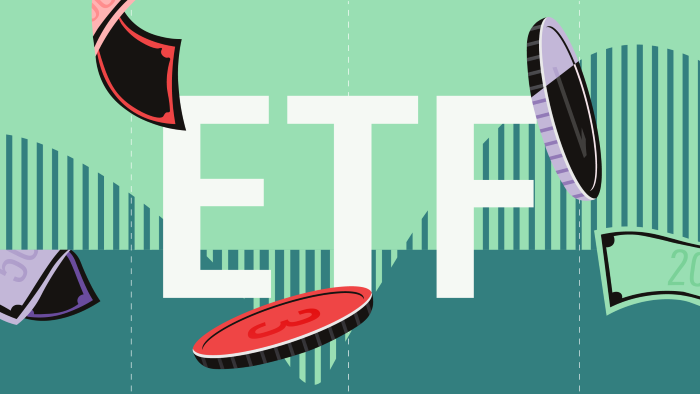
Total Market ETFs offer investors the fastest way to get exposure to the entire Canadian equity market, while generally charging low fees. And investors love them. Among the top 10 largest ETFs in Canada, five invest in the entire Canadian equity market.
The bedrock of these ETFs is market-cap-weighting, which harnesses the market’s collective wisdom of each stock’s relative value with the added benefits of low turnover and trading costs. It's a sensible approach because the market tends to do a good job pricing the stocks that make up the bulk of this portfolio. Larger stocks attract liquidity and widespread investor attention such that prices quickly reflect new information.
Pros and Cons of the Total Market Approach
These ETFs accurately mimic the Canadian stock market. However, the market’s inherent sector biases translate into sector-specific risks. The ETFs load up on financials, energy, and industrial stocks, which represented around 65% of the market as of January 2024- proxied by the Morningstar Canada Index. But this is not a fault in design. These ETFs simply reflect the market composition. In the long run, their broad diversification, low turnover, and low fees outweigh such risks.
These ETFs mimic the contours of their average category peer. This allows the ETFs to capitalize on their low fees because they charge less for holding the same securities as their active peers, ultimately delivering sound long-term performance on both an absolute and risk-adjusted basis. Moreover, the performance of these ETFs fluctuates with the Canadian equity market as they are always invested, unlike many of their active peers. Low cash drag helps during market rallies but can hurt during downturns.
Vanguard FTSE Canada All Cap ETF VCN
Vanguard FTSE Canada All Cap ETF VCN delivers broad exposure to the Canadian equity market at a low cost. Its market-cap-weighted portfolio accurately represents the opportunity set and should make it tough to beat on a risk-adjusted basis.
VCN tracks the FTSE Canada All Cap Domestic index which is a market-cap-weighted basket of stocks that account for 98% of the investable Canadian market, by market cap. This index targets firms of all sizes across the value-growth spectrum, producing a portfolio that accurately represents the total Canadian stock market.
The fund is managed by the Vanguard Equity Index Group, which is a well-oiled and resourced management team that has been able to maintain a low tracking error.
It’s critical to evaluate expenses, as they come directly out of returns. The ETF’s 0.05% expense ratio is among the lowest in the category.
iShares Core S&P/TSX Capped Composite ETF XIC
iShares Core S&P/TSX Capped Composite ETF XIC takes a similar approach to VCN. It aims to capture the Canadian equity market rather than beat it.
XIC tracks the S&P/TSX Capped Composite Index, a market-cap-weighted basket of stocks that accounts for about 95% of the market cap of the investable Canadian market. This produces a portfolio of 230-plus stocks that accurately represents the total Canadian stock market. The index implements a 10% cap on individual holdings to promote diversification and limit firm-specific risks.
The index also applies liquidity and size buffers for current constituents to limit turnover and the associated trading costs, which complement market-cap weighting. However, the index committee has ultimate discretion over adding or removing constituents.
IShares’ index portfolio management team manages this fund. Industry-leading technology and BlackRock’s global footprint support a strong team of portfolio managers.
Its 0.06% expense ratio is one of the lowest in the category, which is a lower hurdle to clear than most active peers in the category.
BMO S&P/TSX Capped Composite ETF ZCN
BMO S&P/TSX Capped Composite ETF ZCN offers a broad, market-cap-weighted portfolio that captures the large- and mid-cap opportunity set while charging a low fee, a recipe for success over the long run.
ZVN tracks the same index as XIC, the S&P/TSX Capped Composite Index and enjoys the same advantages.
The BMO ETF management team is responsible for this fund. It is an experienced, stable team with solid resources at its disposal, which is growing to accommodate the expansion of BMO’s ETF lineup.
The fund’s 0.06% expense ratio takes a small bite out of returns and should help the fund capitalize off its accurate representation of the Canadian market.
The author or authors do not own shares in any securities mentioned in this article.






:quality(80)/cloudfront-us-east-1.images.arcpublishing.com/morningstar/AQETT7LOP5E2ZJBEHHEQLEHDQI.jpg)
:quality(80)/cloudfront-us-east-1.images.arcpublishing.com/morningstar/HDPMMDGUA5CUHI254MRUHYEFWU.png)












